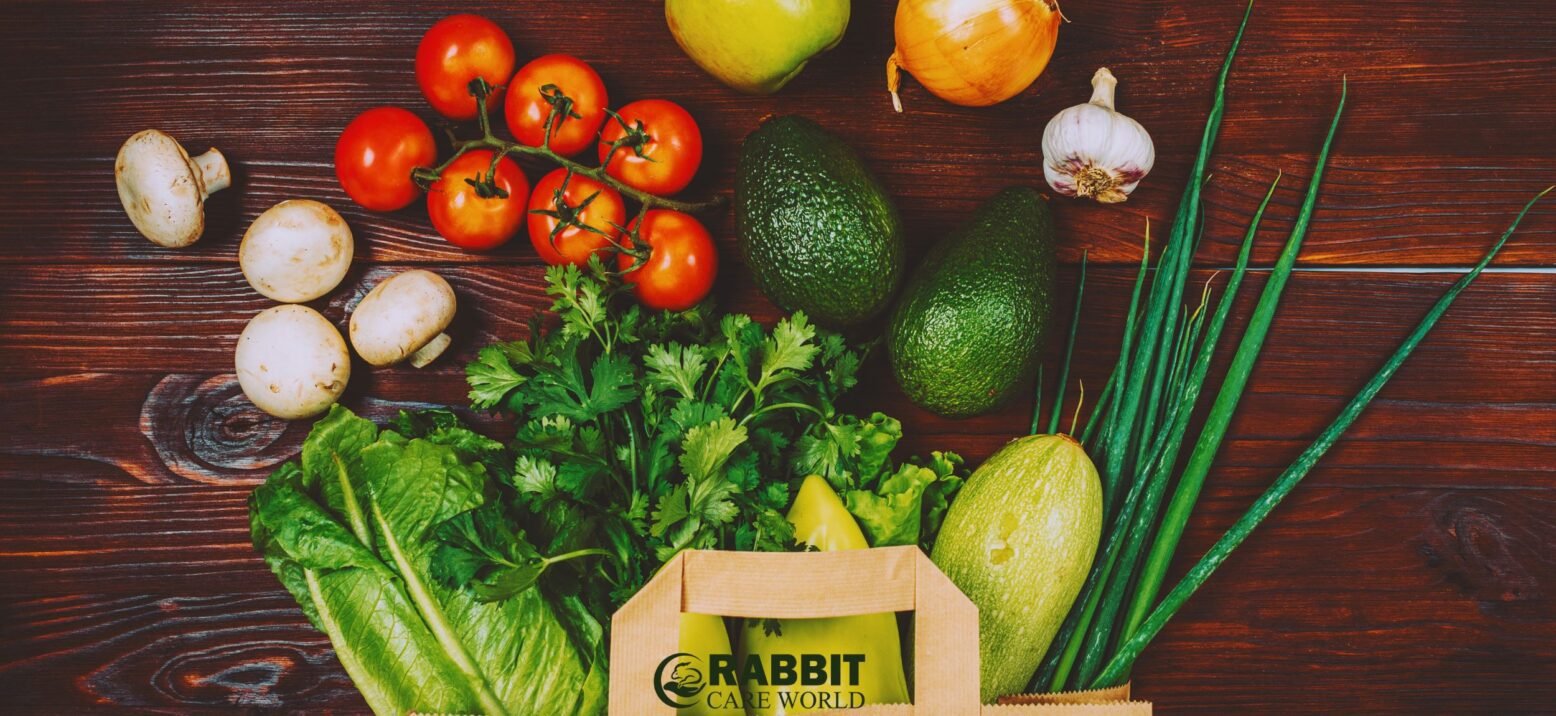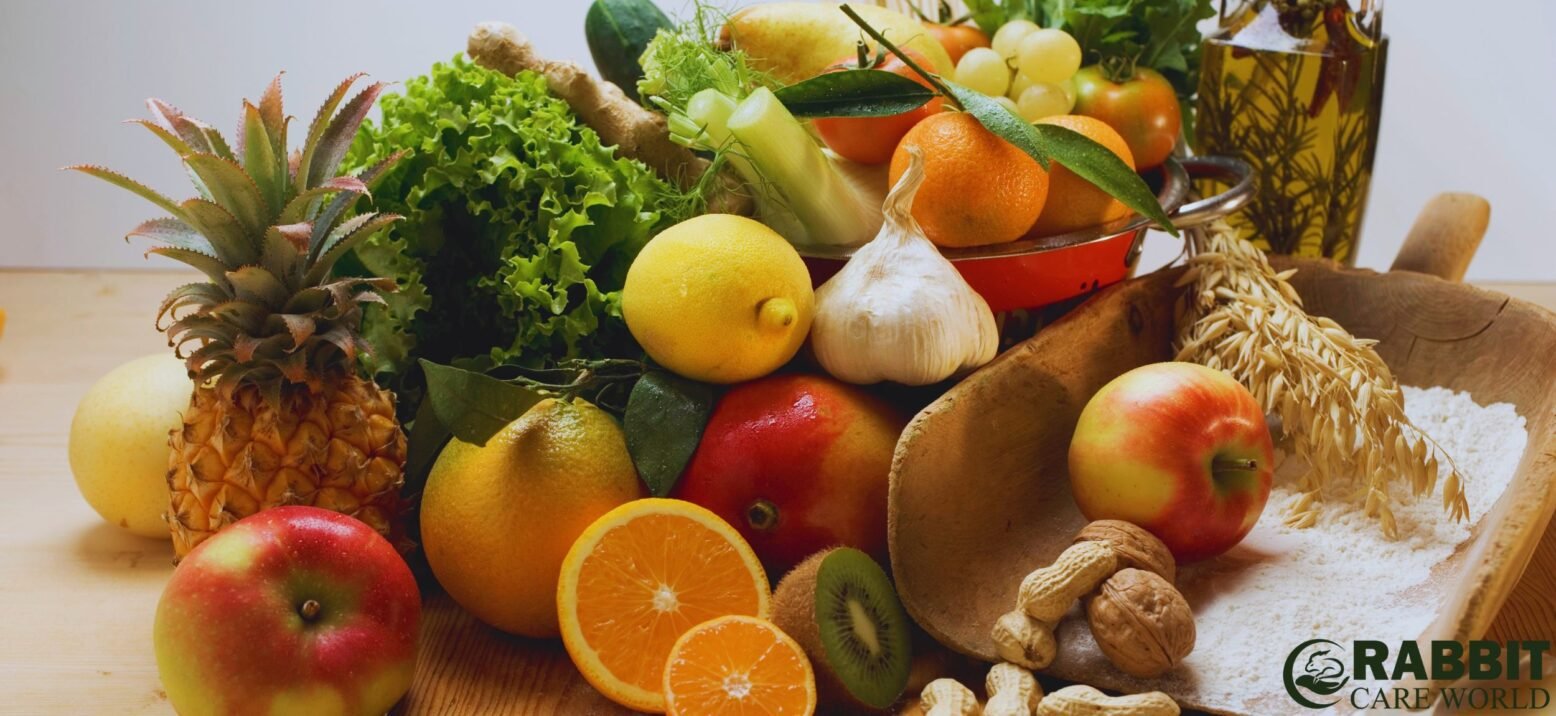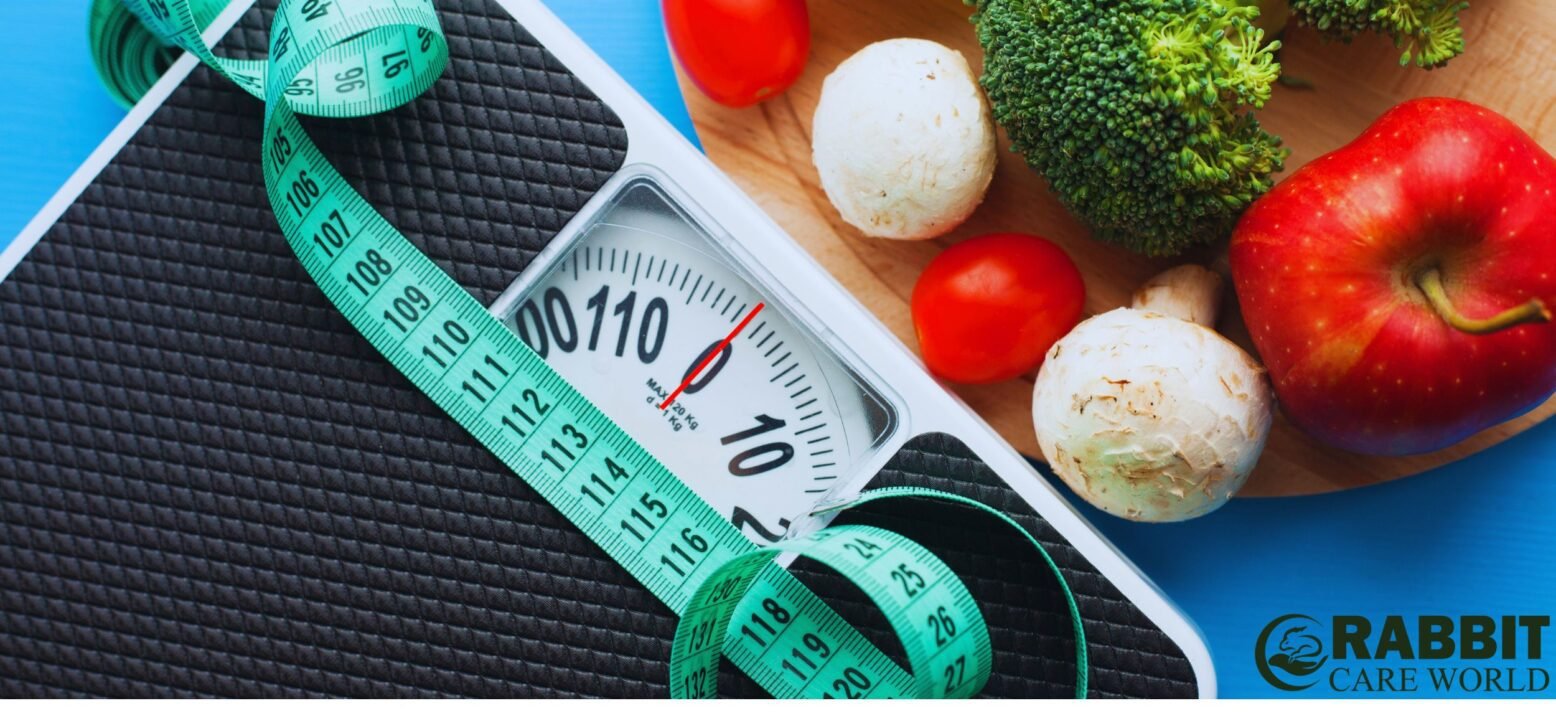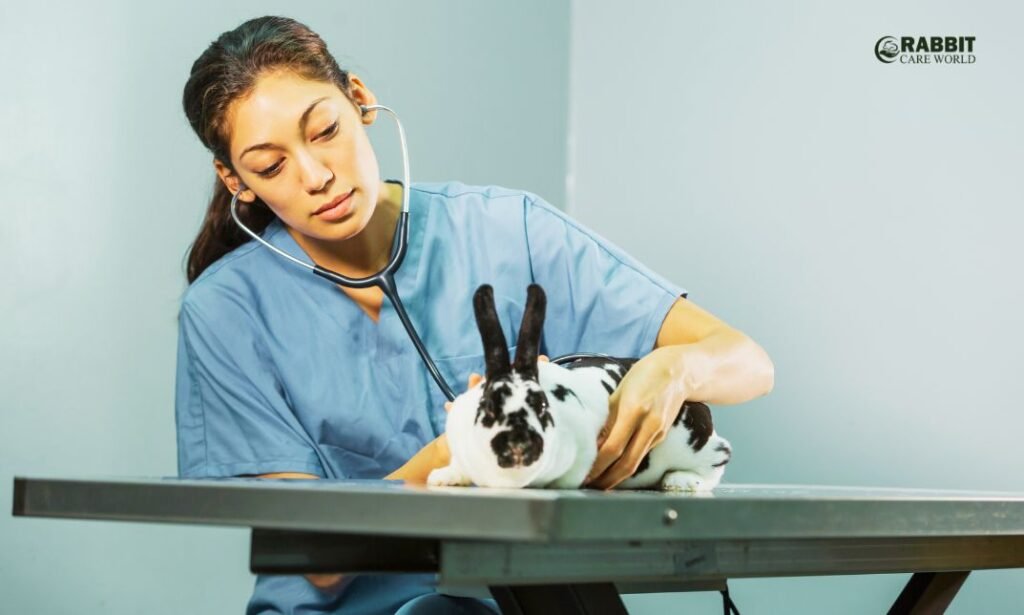Observing What is a Guinea Pig’s Favorite Food? Guinea pigs love to munch on fresh and tasty foods. Their favorite foods provide essential nutrients for their health and happiness.
Guinea pigs are adorable little pets that bring joy to many homes. But to keep them healthy, you need to know their favorite foods. These foods not only make them happy but also ensure they get the right nutrition. In this blog post, we will explore what guinea pigs love to eat.
You’ll learn about the top foods that keep them healthy and satisfied. Whether you’re a new guinea pig owner or just curious, this guide will help you understand your furry friend’s dietary needs. So, let’s dive in and find out what makes their taste buds tingle!
Table of Contents
ToggleIntroduction To Guinea Pig Diet
Guinea pigs are adorable pets that require a balanced diet for a happy and healthy life. Understanding their dietary needs is crucial to keep them healthy. Their digestive system is unique, and they need specific nutrients to thrive. Feeding them the right foods can prevent many health issues.
Importance Of A Balanced Diet
A balanced diet ensures that your guinea pig receives all necessary nutrients. They need a variety of foods to get vitamins, minerals, and fiber. Their diet should include fresh vegetables, fruits, and high-quality hay.
Guinea pigs cannot produce vitamin C. So, they need foods rich in this vitamin. Leafy greens and bell peppers are excellent sources. A proper diet keeps their teeth and digestive system healthy.
Common Dietary Mistakes
Many owners make the mistake of feeding too many sugary treats. Fruits should be given in moderation due to their sugar content. Another mistake is not providing enough hay. Hay is essential for their digestion and dental health.
Avoid feeding your guinea pig iceberg lettuce. It has low nutritional value and can cause diarrhea. Also, never give them chocolate or caffeinated products. These are toxic and can be fatal.
Fresh Vegetables

Fresh vegetables are an essential part of a guinea pig’s diet. These tiny creatures need a variety of vegetables to stay healthy. Fresh veggies provide vital nutrients and keep them happy.
Leafy Greens
Leafy greens are a top choice for guinea pigs. They love munching on lettuce, especially romaine. Spinach is another favorite, but only in small amounts. It contains oxalates which can cause problems if eaten too much.
Kale is a great option too. It is rich in vitamin C, which guinea pigs need. They cannot produce this vitamin on their own. Offer a mix of leafy greens daily for the best results.
Root Vegetables
Root vegetables offer a different taste and texture. Carrots are a popular choice. They are sweet and crunchy, which guinea pigs enjoy. Be careful not to overfeed carrots. They contain sugar that can lead to weight gain.
Parsnips are another good option. They are a bit less sweet than carrots, but still tasty. Small amounts of root vegetables can be a delightful treat for your furry friend.
Fruits For Guinea Pigs
Guinea pigs love fruits. They enjoy the sweet taste and juicy texture. Fruits can be a healthy treat for them. But not all fruits are safe. Some fruits can harm your guinea pig. Always give fruits in moderation. Too much fruit can cause health problems.
Safe Fruit Options
Certain fruits are safe for guinea pigs. These fruits provide vitamins and nutrients. Here are some safe options:
- Apples (remove seeds)
- Bananas
- Blueberries
- Oranges (in small amounts)
- Strawberries
- Pears (remove seeds)
- Grapes (in moderation)
These fruits are high in vitamin C. Guinea pigs need vitamin C as they cannot make it themselves. Always wash fruits before giving them to your pet. Cut fruits into small pieces to avoid choking.
Fruits To Avoid
Some fruits are not safe for guinea pigs. These can cause digestive issues. Avoid these fruits:
- Avocado (toxic)
- Rhubarb (toxic)
- Cherries (contains pits)
- Tomatoes (high acidity)
- Plums (high sugar content)
These fruits can harm your guinea pig. Always check before giving a new fruit. If unsure, consult a vet. Your pet’s health comes first.
Hay Varieties
Guinea pigs need a diet rich in fiber. Hay is essential for their health. It aids digestion and keeps their teeth in check. Different hay varieties offer unique benefits. Let’s explore some popular types of hay for your guinea pig.
Timothy Hay
Timothy hay is a favorite among guinea pigs. It is rich in fiber. It helps wear down their teeth. This hay also supports their digestive system. There are three cuts of Timothy hay. The first cut is coarse and high in fiber. The second cut is softer and balanced. The third cut is very soft and leafy. Each cut has its own benefits.
Orchard Grass
Orchard grass is another great choice. It is softer than Timothy hay. This hay has a sweet smell. Guinea pigs love its taste. It provides a good amount of fiber. Orchard grass is also less dusty. It is gentle on guinea pig’s respiratory system. You can mix it with other hays. This keeps your guinea pig’s diet varied.
Pellets And Commercial Food
Guinea pigs have specific dietary needs. Pellets and commercial food can help meet these needs. These foods are specifically made for guinea pigs. They contain essential nutrients and vitamins.
Choosing The Right Pellets
Selecting the right pellets is crucial for your guinea pig’s health. Look for pellets made from natural ingredients. They should not contain artificial colors or flavors. The best pellets include vitamin C, which guinea pigs need.
Check the ingredients list carefully. Avoid pellets with too many fillers. Fillers can be harmful to your pet. Some good ingredients to look for are:
- Timothy hay
- Alfalfa
- Vegetable extracts
Pellets should be fresh. Stale pellets lose nutritional value. Always store them in a cool, dry place.
Nutritional Benefits
High-quality pellets offer many nutritional benefits. They provide a balanced diet. This helps keep your guinea pig healthy. Here are some key nutrients found in good pellets:
| Nutrient | Benefit |
|---|---|
| Vitamin C | Prevents scurvy |
| Fiber | Aids digestion |
| Proteins | Supports growth |
Fiber is important for digestion. Guinea pigs need a high-fiber diet. Proteins support growth and tissue repair. Vitamins and minerals boost overall health.
Commercial food can be convenient. It ensures your pet gets all necessary nutrients. Always choose high-quality brands. This will keep your guinea pig happy and healthy.
Herbs And Plants
Guinea pigs love munching on fresh herbs and plants. These natural treats provide essential nutrients and a tasty variety to their diet. But not all plants are safe. Knowing which herbs are beneficial and which plants are toxic is crucial. Let’s explore some safe herbs and toxic plants for your furry friend.
Safe Herbs
Many herbs are safe and healthy for guinea pigs. These herbs are rich in vitamins and minerals. They also add flavor and excitement to their meals.
- Parsley: High in Vitamin C, great for immune health.
- Cilantro: Good for digestion and rich in antioxidants.
- Dill: Helps with digestion and adds a fresh taste.
- Basil: Contains essential nutrients and enhances flavor.
- Mint: Refreshing and aids in digestion.
- Thyme: Rich in vitamins and has a pleasant aroma.
Toxic Plants
Some plants are harmful to guinea pigs. These toxic plants can cause severe health issues. Avoid feeding these plants to your pet.
- Rhubarb: Contains oxalic acid, toxic to guinea pigs.
- Foxglove: Highly poisonous, can cause heart problems.
- Buttercup: Causes digestive issues and mouth irritation.
- Ivy: Toxic and can lead to severe poisoning.
- Hemlock: Extremely poisonous, can be fatal.
- Lilies: Toxic, can cause digestive and kidney problems.
Feeding the right herbs and avoiding toxic plants ensures your guinea pig’s health. Always choose fresh, safe herbs and stay informed about harmful plants.
Treats And Snacks
Guinea pigs love treats and snacks. These little nibbles can make them very happy. But, it’s important to choose the right ones. Healthy treats will keep your guinea pig strong and active.
Healthy Treats
Not all treats are good for guinea pigs. Some can be harmful. Focus on healthy treats that provide nutrition. Here are some great options:
- Fresh Vegetables: Carrots, bell peppers, and cucumber slices.
- Fruits: Apple slices (without seeds), blueberries, and strawberries.
- Herbs: Parsley, cilantro, and basil.

These treats are rich in vitamins. They help keep your guinea pig healthy. Always wash them before feeding.
Portion Control
Even healthy treats need portion control. Too much can cause health issues. Follow these guidelines:
| Type of Treat | Recommended Portion | Frequency |
|---|---|---|
| Vegetables | 1-2 slices | Daily |
| Fruits | 1 small piece | 2-3 times a week |
| Herbs | 1-2 sprigs | Daily |
Always monitor your guinea pig’s reaction to new treats. If you see any signs of discomfort, stop feeding that treat. Your guinea pig’s health is the top priority.
Hydration Needs
Guinea pigs need proper hydration to stay healthy and happy. Water keeps their bodies functioning well and helps digest their food. Let’s explore how to meet their hydration needs effectively.
Water Sources
Guinea pigs get their water from two main sources: drinking water and food.
Drinking water: Fresh water is essential. Always provide clean, fresh water in a water bottle or bowl. Change the water daily to prevent bacteria growth.
Food sources: Some fruits and vegetables have high water content. These can also help keep guinea pigs hydrated. Examples include cucumbers, lettuce, and watermelons. Always wash these foods before serving.
Hydration Tips
Keeping your guinea pig hydrated is simple with these tips:
- Check water bottles daily for blockages.
- Provide fresh vegetables and fruits with high water content.
- Avoid sugary drinks and flavored water.
- Monitor your guinea pig’s drinking habits. Less water intake can signal health issues.
Here’s a table of some high-water-content foods to include in their diet:
| Food | Water Content (%) |
|---|---|
| Cucumber | 96% |
| Lettuce | 95% |
| Watermelon | 92% |
| Carrot | 88% |
By following these tips, you ensure your guinea pig stays hydrated and healthy.
Seasonal Foods
Guinea pigs love fresh foods, and seasonal foods offer great variety. Different seasons bring different tasty treats that guinea pigs enjoy. Let’s explore their favorite seasonal foods.
Summer Treats
Summer offers many fresh fruits and vegetables that guinea pigs love. Watermelon is a favorite because it is hydrating and sweet. Small pieces of cucumber also make a refreshing snack. Strawberries are another summer delight. They are juicy and full of vitamins.
Bell peppers, especially red ones, are rich in vitamin C. Guinea pigs need vitamin C for good health. Leafy greens like romaine lettuce and spinach are also great. Always wash these foods well before feeding them to your pet.
Winter Favorites
Winter brings its own set of tasty treats for guinea pigs. Carrots are a popular choice. They are crunchy and sweet. Small pieces of apple can be a nice treat. Just be sure to remove the seeds. Parsnips are another good option. They are nutritious and tasty.
Dark leafy greens are also good in winter. Kale and Swiss chard are full of vitamins. Guinea pigs enjoy nibbling on these leaves. Remember, always feed these in moderation to avoid digestive issues.
Dietary Supplements
Guinea pigs need a balanced diet to stay healthy. Sometimes their regular food might not give all the nutrients they need. Dietary supplements can help fill these gaps. These supplements can ensure your furry friend stays fit and happy.
Vitamin C
Guinea pigs cannot make their own Vitamin C. They need it from their food. Without enough Vitamin C, they can get sick. Fresh fruits and vegetables are good sources. Oranges, bell peppers, and kale are great options. You can also find Vitamin C drops in pet stores. Always check with a vet before giving any supplements.
Calcium Needs
Calcium is vital for guinea pigs. It keeps their bones strong. Too much calcium can cause problems. Bladder stones are a common issue. Balanced amounts are key. Leafy greens like spinach offer calcium. Ensure you monitor their intake. Always provide fresh hay. It helps balance their diet. Calcium supplements should be used carefully. Always consult a vet for advice.
Homemade Food Options
Homemade food options for guinea pigs offer a healthy and tasty alternative to store-bought food. By preparing meals at home, you can ensure your pet gets fresh and nutritious ingredients. Below are some easy recipes and nutrient-rich ingredients to keep your guinea pig happy and healthy.
Easy Recipes
Creating homemade meals for your guinea pig can be simple. Here are two easy recipes to try:
- Veggie Mix: Chop up carrots, bell peppers, and cucumbers into small pieces. Mix them together in a bowl. Serve a small portion to your guinea pig.
- Fruit Salad: Dice apples, pears, and strawberries. Combine them in a bowl. Give your guinea pig a small serving as a treat.
| Recipe | Ingredients | Preparation |
|---|---|---|
| Veggie Mix | Carrots, Bell Peppers, Cucumbers | Chop and mix in a bowl |
| Fruit Salad | Apples, Pears, Strawberries | Dice and combine in a bowl |
Nutrient-rich Ingredients
Guinea pigs need a variety of nutrients to stay healthy. Here are some nutrient-rich ingredients to include in their diet:
- Leafy Greens: Kale, spinach, and romaine lettuce provide essential vitamins.
- Bell Peppers: High in vitamin C, which is crucial for guinea pigs.
- Carrots: A good source of beta-carotene and fiber.
- Fruits: Apples and strawberries offer natural sugars and vitamins.
By incorporating these foods into your guinea pig’s diet, you can ensure they get the nutrients they need. This keeps them healthy and happy.
Foods To Avoid
Knowing what foods to avoid is crucial for your guinea pig’s health. Some foods can be toxic or cause allergies. Let’s explore these in detail.
Toxic Foods
Some foods can be dangerous for guinea pigs. These foods can cause serious health issues. Avoid these at all costs:
- Chocolate – Contains theobromine, harmful to guinea pigs.
- Onions – Can cause anemia and digestive issues.
- Garlic – Similar effects as onions, harmful to red blood cells.
- Avocado – High in fat, can cause digestive problems.
- Rhubarb – Contains oxalic acid, toxic to guinea pigs.
Common Allergens
Baby guinea pigs or Guinea pigs can be sensitive to certain foods. These foods can cause allergic reactions:
- Dairy products – Guinea pigs are lactose intolerant.
- Nuts – High-fat content can cause digestive issues.
- Seeds – Can cause choking hazards.
- Citrus fruits – High acidity can cause mouth sores.
- Iceberg lettuce – Low in nutrients and can cause diarrhea.
Avoiding these foods will help keep your guinea pig healthy and happy. Always ensure to provide a balanced diet for your furry friend.
Feeding Tips
Feeding your guinea pig a balanced diet is crucial for their health. Knowing what foods they enjoy and how to offer them is essential. Here are some feeding tips to ensure your guinea pig stays happy and healthy.
Feeding Schedule
Maintaining a regular feeding schedule helps keep your guinea pig content. Offer fresh food at the same time each day.
- Morning: Fresh vegetables and hay.
- Evening: More hay and a small portion of pellets.
Guinea pigs need constant access to fresh hay. It supports digestion and keeps their teeth in good condition.
Monitoring Food Intake
Keep track of what and how much your guinea pig eats. This helps ensure they get the right nutrients.
| Food Type | Recommended Amount |
|---|---|
| Hay | Unlimited |
| Vegetables | 1 cup daily |
| Pellets | 1/8 cup daily |
If your guinea pig stops eating, consult a vet. It may signal health issues.
Also, ensure fresh water is always available. Change it daily to keep it clean.
Signs Of A Healthy Diet
A healthy diet is vital for guinea pigs. It ensures they stay energetic and happy. You can tell if your guinea pig is eating well by observing certain signs. These signs show their diet is balanced and nutritious. Let’s explore these signs to ensure your pet’s health.
Healthy Weight

A guinea pig with a healthy diet maintains a stable weight. Regularly weighing your pet helps you monitor this. Sudden weight changes might indicate dietary issues. Ensure your guinea pig gets enough fiber and vitamin C. These nutrients are crucial for their overall health.
Shiny Coat
A shiny coat is another sign of a healthy diet. Your guinea pig’s fur should be smooth and glossy. Dry or brittle fur might mean nutritional deficiencies. Fresh vegetables and fruits can improve their coat’s health. Ensure they have a balanced diet for a beautiful, shiny coat.
Conclusion And Summary
In this section, we wrap up our exploration of a guinea pig’s favorite food. We revisit the key points discussed and provide final thoughts on the topic. Understanding what foods your guinea pig loves ensures they stay happy and healthy.
Key Takeaways
- Guinea pigs thrive on a diet rich in fresh vegetables and fruits.
- Hay is essential for their digestive health and should be available always.
- Pellets formulated for guinea pigs provide necessary nutrients.
- Water should be fresh and accessible at all times.
- Avoid foods high in sugar, salt, and fat.
Final Thoughts On What is a Guinea Pig’s Favorite Food
Knowing your guinea pig’s favorite food helps you provide the best care. Always offer a variety of fresh vegetables and fruits. Ensure unlimited access to hay and fresh water.
By following these guidelines, your guinea pig will enjoy a balanced diet. This leads to a happier and healthier pet.
Frequently Asked Questions
What Is A Guinea Pig’s Favorite Food?
Guinea pigs love fresh hay. It’s their main food source.
Can Guinea Pigs Eat Fruits And Vegetables?
Yes, guinea pigs enjoy fruits and vegetables. But only in small amounts.
Which Vegetables Are Best For Guinea Pigs?
Leafy greens like kale, spinach, and romaine lettuce are best.
Are There Any Foods Guinea Pigs Should Avoid?
Yes, avoid giving them chocolate, onions, and garlic. These are toxic.
How Often Should Guinea Pigs Be Fed?
Feed guinea pigs twice daily. Morning and evening.
Can Guinea Pigs Eat Carrots Every Day?
No, carrots are high in sugar. Offer them occasionally.
Is Vitamin C Important For Guinea Pigs?
Yes, guinea pigs need vitamin C daily. They can’t produce it themselves.
Do Guinea Pigs Like Water?
Yes, guinea pigs need fresh water daily. Use a water bottle.
Conclusion
Discovering your guinea pig’s favorite food can be a fun journey. Offer a variety of fresh vegetables and fruits. Watch for their favorites. Remember, balanced nutrition is key. Too many treats can cause health issues. Always provide fresh water and hay.
Keep observing their likes and dislikes. Your guinea pig will stay happy and healthy. Enjoy bonding with your furry friend over mealtime!



